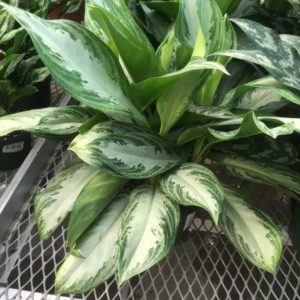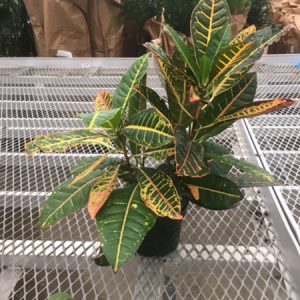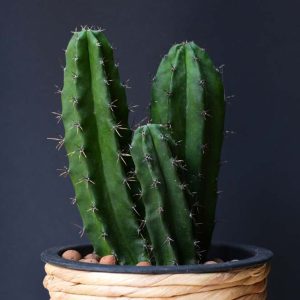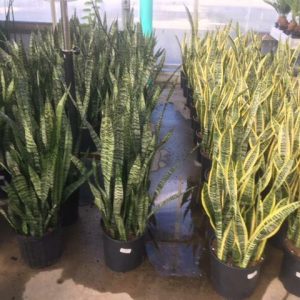Description
Astilbe – False Spiraea
There are 14 species of densely clump forming rhizomatous perennials, in this genus. They occur from moist Mountain Ravines, woodlands, and stream banks in Southeastern Asia and only 2 species are from North America. Grown for their striking plume like panicles that rise above the foliage, that’s 7-30” long consist of tiny red pink, purple, or white flowers borne in early and late summer. They produce basal tufts, of 2 or 3 ternate leaves each with leaflets further divided into 3-5 sharply toothed lobes ranging in height from 5”-4 ½’ feet high. The flowers when dry or fades will take on decorative shades of brown, which can be persistent well into winter. They will thrive in a damp border or a woodland garden or for waterside plantings or in a shady rock garden.
There are many combinations of hybrids have been breed and are listed by 5 parentage groups. Such as:
Arendsii hybrid group derives from 4 Eastern Asian species, A. astilboides, A. japonica, A. davidii, and A, thunbergii that is named after German horticulturalist George Arend (1863-1952) to whom the finest cultivars are credited. Heights vary from 15-50” tall and with spreads of 15-30” wide and bears wide range of colors from late spring to early summer.
Astilbe chinensis and Astilbe chinensis var, davidii hybrids are low growing usually 6-10” tall or 30-54” high
Astilbe japonica hybrids grows to 20-36” tall
Astilbe simplicifolia hybrids are usually 12-24” tall or smaller
Astilbe thunbergii hybrids are usual grow to 20-48” tall and bears white or pink flowers
Grow in moist fertile, humus rich soil or boggy sites in full sun, or in drier soils in lightly shaded areas and don’t allow it to dry out. They dislike alkaline or clay soil that dries out. Divide in spring or winter when dormant every 3 or 4 years to maintain vigor and flower quality and remove and discard old woody rhizomes.
Prone to Tarnished plant bugs, powdery mildew, bacterial leaf spots, and cercospora leaf spots.
Astilbe ‘Inshriach Pink’ – This dwarf species is a descendant of A. simplicifolia and grows to 12” tall and in breadth. It produces reddish green foliage. In late summer it bears panicles of pendent pale pink flowers.
Zones 5-8





